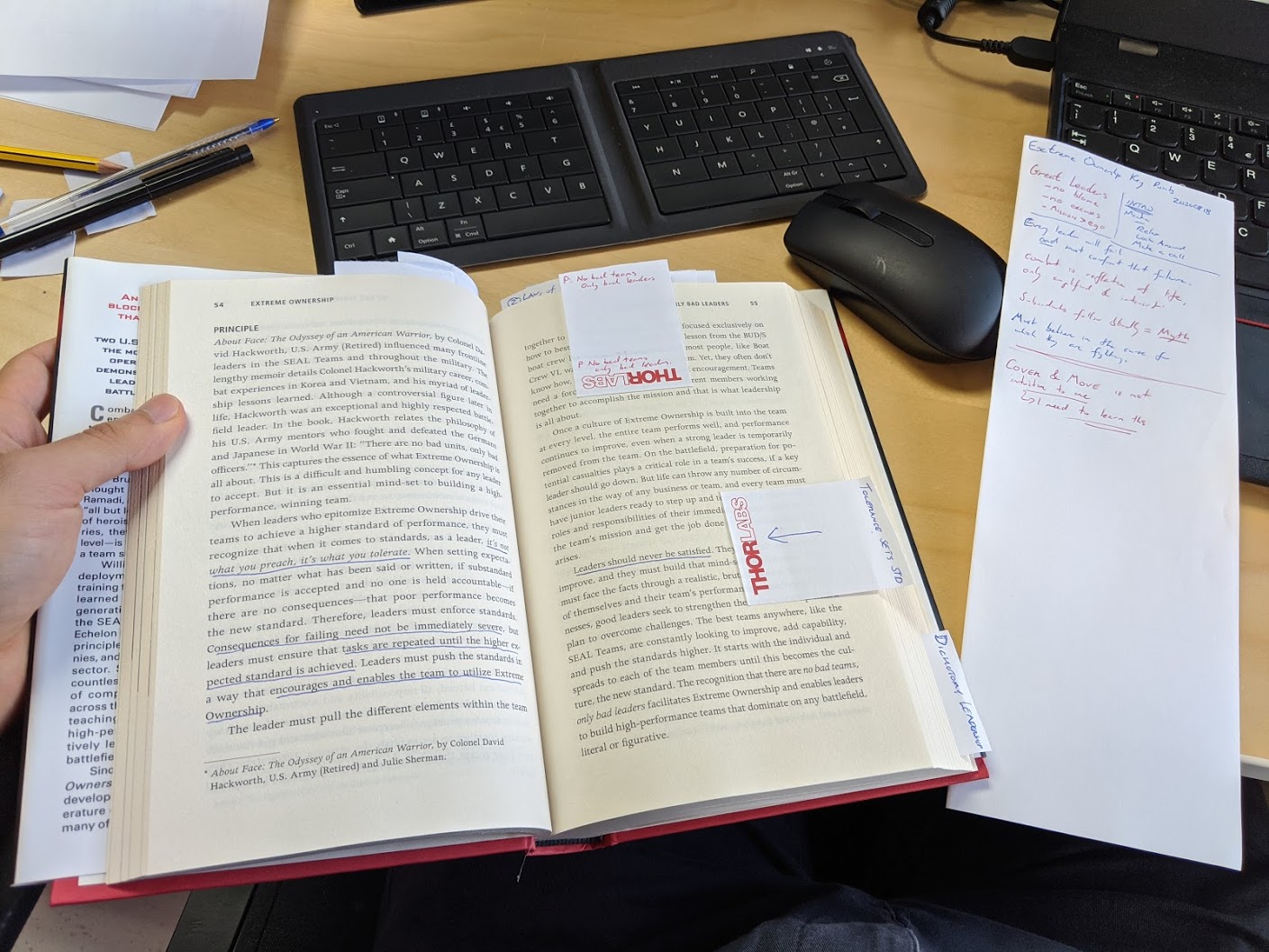Alex Ferguson combined an incredible work ethic with an obsession for football to become the most decorated football manager of all time, having won more trophies managing Manchester United from 1986 to 2013 than any other manager in the history of football. ONI is not a particularly football focused work place: I rarely hear the game discussed around the coffee machine, but Leading by Alex Ferguson and Michael Moritz is recommended reading here. The lessons shared on leadership can be generalised; perhaps best explained in the extended epilogue by Michael Moritz, who states Ferguson would have been a successful founder “if for some reason Silicon Valley had developed between Glasgow and Edinburgh”.
Leadership in brief
In 3 words: Preparation. Perseverance. Patience.
In 1 word: Consistency.
Obsess
Throughout the book, anecdotes about travelling to distant fixtures, taking little holiday, waking up in the night to watch games, and being the first and last at the office, emphasise the amount of effort expended by Ferguson to achieve. He describes the need to work very hard as “baked into [his] marrow” (p. 38), and gives the examples of playing football on his wedding day and the day his first son was born. Pointing out that “an hour … squandered is time you will never recapture” (p. 164) Ferguson explains that he “cannot imagine how, if you aspire to be better than everyone else, you can have balance in your life” (p. 167).
Learn
In the first chapter titled “Becoming Yourself”, Ferguson begins his guide to leadership by emphasising the importance of observation. Listen to others, detach and watch, and read. He guides this by suggesting the test of being surprised: “When you are a step removed from the fray, you see things that come as surprises – and it is important to allow yourself to be surprised” (p. 17).
Relationships
Ferguson’s partner Cathy, married since the age of 24, has supported his obsession throughout his career. Ultimately it was the death of Cathy’s sister that drove Alex to retire. He writes: “It is hard to conjure up a more tangible reminder of mortality, and I felt that, after all those years during which Cathy had put me first, it was time that I took care of her needs” (p. 335). The singular focus on work that Ferguson demonstrates often comes at the expense of an enduring relationship, but in this case that relationship seems to not only have survived, but thrived.
Links
Ferguson’s Formula (Harvard Business Review)
Reviews of Leading on goodreads.com

